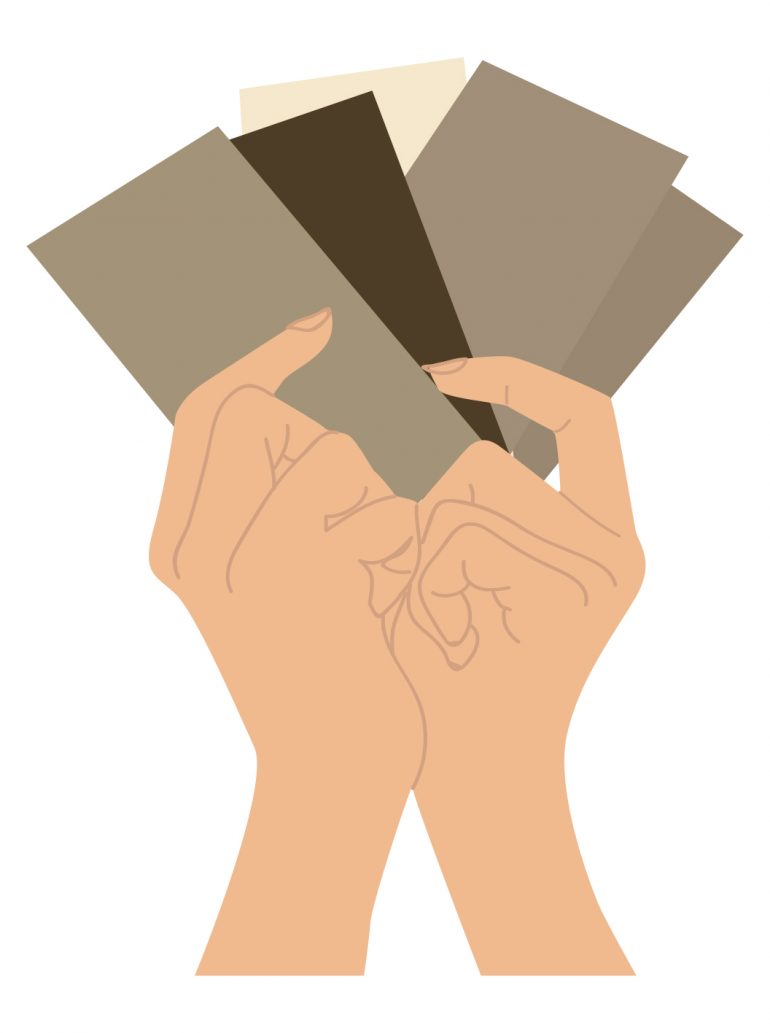A mere 18 months ago, then-presidential candidate, Donald Trump, slandered his opponent Hillary Clinton in a debate for accepting donations to the Clinton Foundation from Saudi Arabia. On that stage in 2016, he criticized Saudi Arabia as a country that “pushes gays off buildings,” and asserted that they “kill women and treat women horribly.” Throughout his campaign, he also asserted that the country owes the United States money, and at one point went so far as threatening the cease the purchase of Saudi oil. However, despite this public condemnation, Trump continued pursuing business opportunities in Saudi Arabia, and since his inauguration, has changed his tone completely. Meanwhile, the human rights violations and humanitarian crises at the hands of Saudi Arabia have been continually swept under the rug.
Yemen, the poorest country on the Arabian Peninsula, has faced famine and mass civilian casualties as a result of Saudi Arabian involvement in their civil war since 2015. The official death toll has remained at around 10,000 for over a year, but evidence suggests that this doesn’t account for all conflict-related deaths, and completely omits death from famine, cholera, or from otherwise treatable diseases that have been made lethal due to the collapse of Yemen’s health system and lack of available aide. Save the Children estimates that over 50,000 Yemeni children died in 2017. That breaks down to an average of 130 children dying every day. Over 3 million have been displaced from their homes, and Amnesty International asserts that 22.2 million people need aide to survive.
In Nov. 2017, Trump was lavished with gifts during his visit with Saudi Arabia, and quickly backtracked on campaign promises by announcing a $350 billion 10 year arms deal. This decision also reversed an Obama-administration policy to ban the sale of certain arms to Saudi Arabia due to the number of Yemeni civilian casualties that have resulted from the regime’s involvement in the war. The only time Trump seems to have mentioned the Yemeni crisis was in Dec. of last year, when he requested that Saudi Arabia end their blockade in order to allow aide into the country. This contradicted his own support of Saudi Arabia’s involvement through the sale of arms and even direct assistance with tasks, such as refueling and logistics. He even tweeted on Nov. 6, 2017 that he had “great confidence in King Salman and the Crown Prince of Saudi Arabia, they know exactly what they are doing…” He went on to justify their involvement, “…Some of those they are harshly treating have been ‘milking’ their country for years!” During a follow-up meeting with the Saudi Crown Prince in March of this year, Trump suggested that they should purchase more weapons from the U.S., discussed a $400 million commercial trade agreement, and asked for $4 billion in support of “restabilization” efforts in Syria. The crisis in Yemen was again completely glossed over. Additionally, the U.S. has increased its own military presence in Yemen since Trump took office; airstrikes touted as counter-terrorism efforts in Yemen have increased six-fold.
While Trump’s political hypocrisy regarding Saudi Arabia is apparent in the policy put forth by his administration, evidence suggests that he is also amassing personal wealth through building positive relationships with Saudi Arabia and its royal family. Toward the beginning of his campaign, he registered eight companies in the country, and even boasted during a rally that Saudis have paid $40–$50 million for Trump properties and luxury apartments. In Jan. 2016, the same year that he condemned Hillary Clinton for accepting a donation from them in 2008, he told Fox News that he wanted to “protect” Saudi Arabia. Overall, it seems that Trump and the U.S. Government seek too much financial gain to follow through on their condemnation of Saudi Arabia’s treatment of Yemen and even their own civilians. With very little information regarding policy around Yemen coming from meetings with Saudi Arabia, it has become easier for the government to quietly brush the issue aside in favor of monetary gain.
This article was originally published in the May/April, 2018 print issue.





